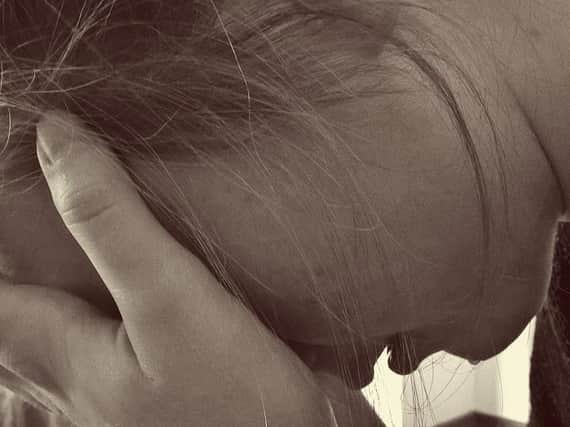Fewer sexual offences are leading to prosecutions in Derbyshire


New Ministry of Justice data shows that 276 sexual offences recorded by Derbyshire Constabulary led to a prosecution in 2018 – 31 per cent fewer than in the previous year.
Of those prosecuted, more than a third were convicted – 97 men.
Advertisement
Hide AdAdvertisement
Hide AdImprisonment was the most common punishment, with 56 people sentenced to immediate custody.
A further 15 sexual offenders were given a community sentence, while 16 received a suspended sentence.
It is a situation reflected across England and Wales, with charity End Violence Against Women threatening to take the Crown Prosecution Service to court to prove sex-related crimes are being dropped without good reason.
Sexual offences include rape and sexual assault, crimes against children including sexual abuse and grooming.
Advertisement
Hide AdAdvertisement
Hide AdSarah Green, the End Violence Against Women coalition coordinator, said the CPS has changed their approach to decision-making on rape cases.
She said: "We have strong evidence to show that CPS leaders have quietly switched from building cases based on their 'merits' back to second-guessing jury prejudices.
"This is extremely serious, and is having a detrimental impact on women's access to justice.
"In the justice system there are well-known myths about rape, but prosecutors are supposed to deal with them – not just say 'we can't expect a jury to disregard it'.
Advertisement
Hide AdAdvertisement
Hide Ad"We're not just a shouty group saying 'let's have a go at the state'. But the refusal to listen and to implement what we say is a massive change for the way these cases are brought to court - we say, for the worse - is the reason why we have taken these measures."
Across England and Wales, the number of sexual offences resulting in prosecutions fell by 27 per cent over the last year.
A total of 14,367 people were prosecuted in 2018, with 39 per cent of them being convicted.
A CPS spokesman said: "Sexual offences are some of the most complex cases we prosecute and we train our prosecutors to understand victim vulnerabilities and the impact of rape, as well as consent, myths and stereotypes.
Advertisement
Hide AdAdvertisement
Hide Ad"Decisions to prosecute are based on whether our legal tests are met - no other reason - and we always seek to prosecute where there is sufficient evidence to do so.
"Victims have the right to ask for a review of their case by another prosecutor, independent of the original decision-maker, and this is another way we can make sure we are fair and transparent in what we do."
Rick Muir, the director of the Police Foundation think tank, said that budget cuts are having an impact on the number of prosecutions.
Commenting on the sexual offences figures, Mr Muir added: "Sexual crime takes longer to investigate than average because of its complexity, but this trend is also down to having fewer police officers."